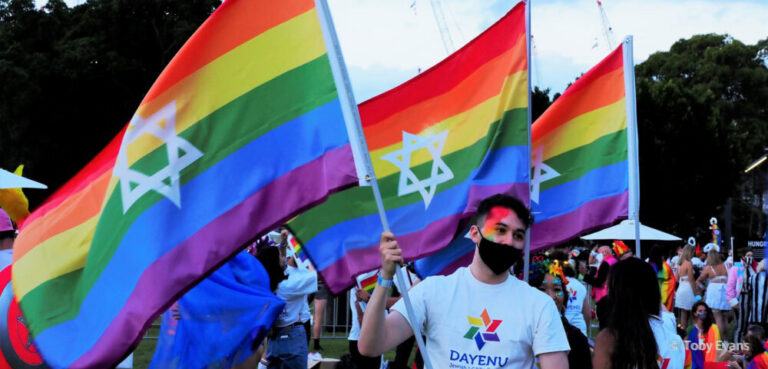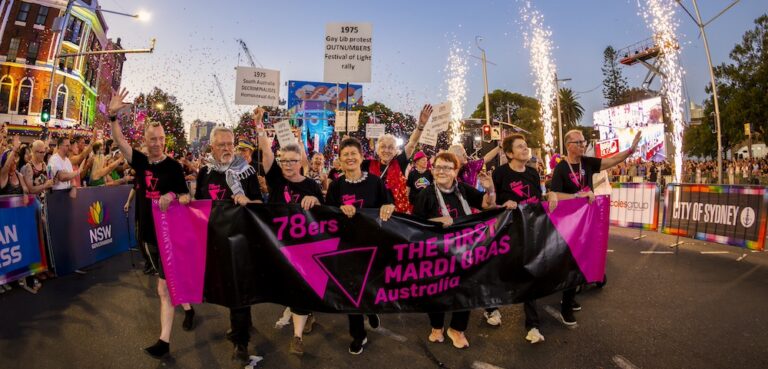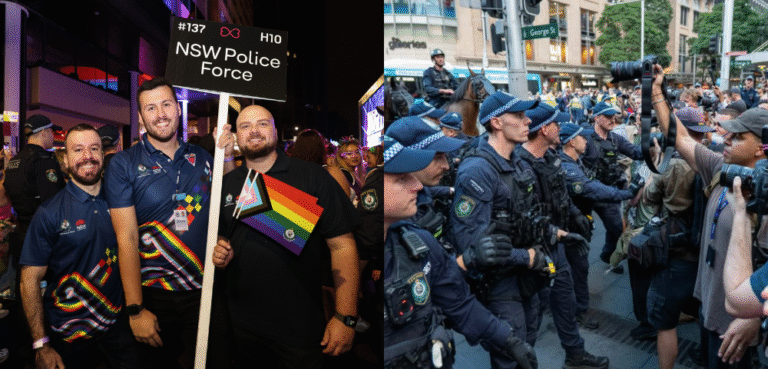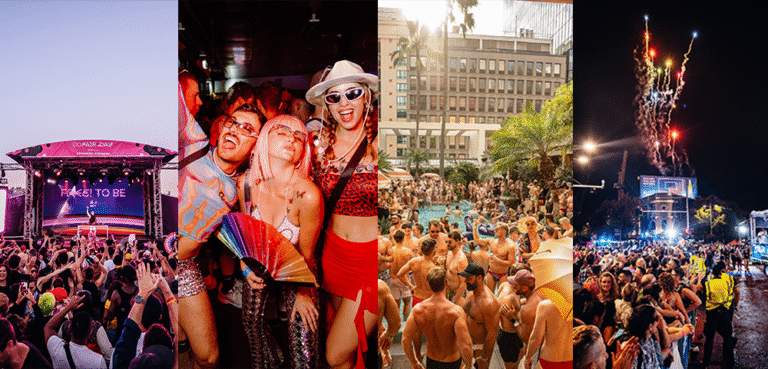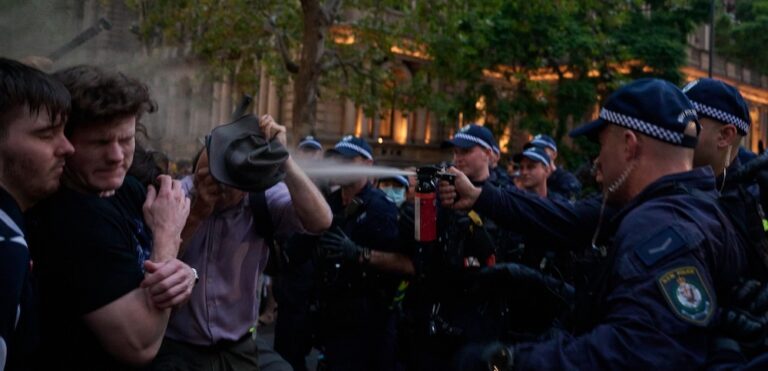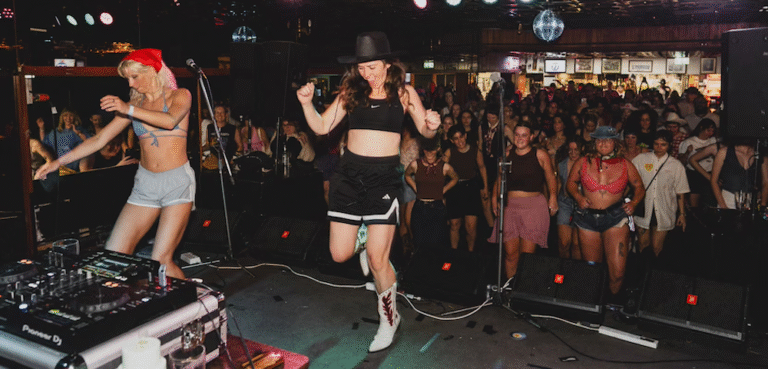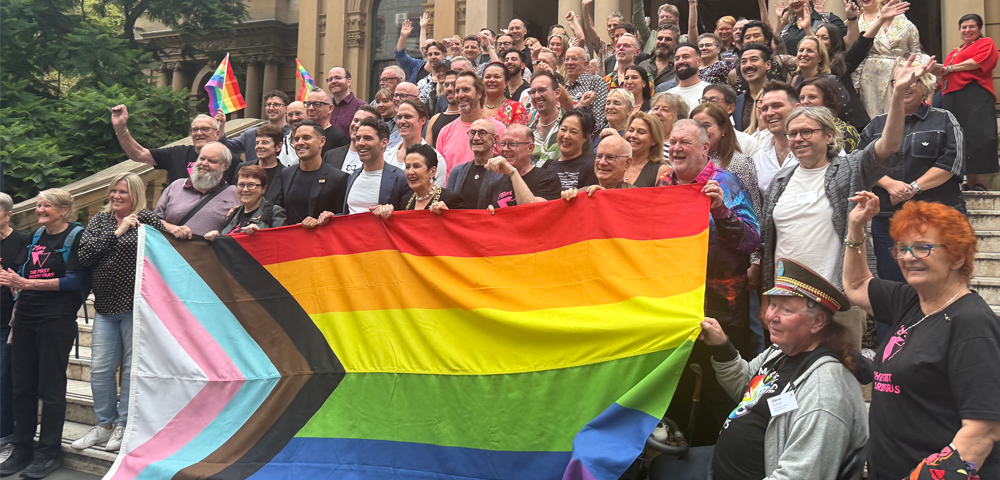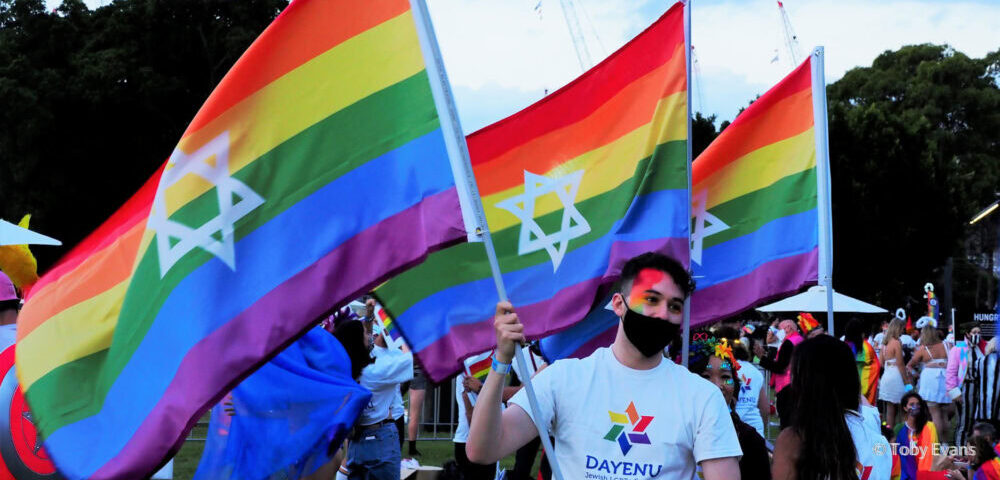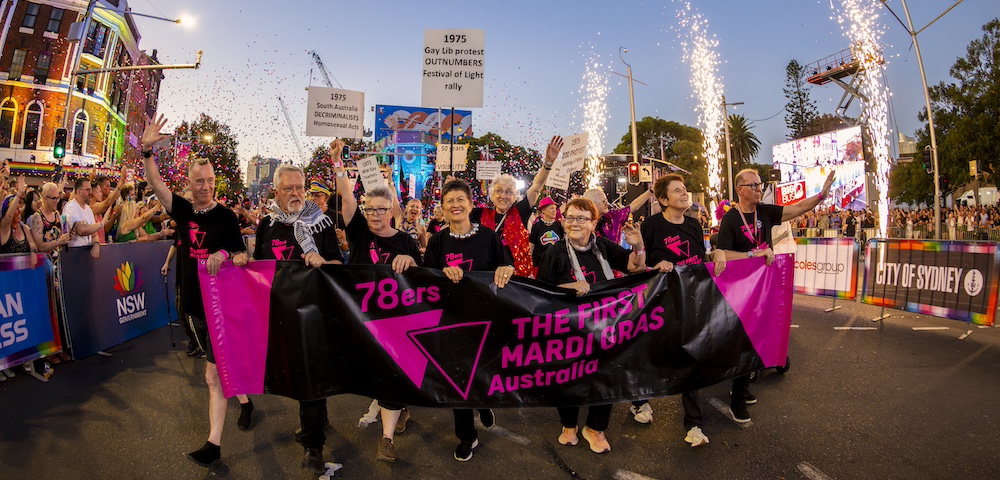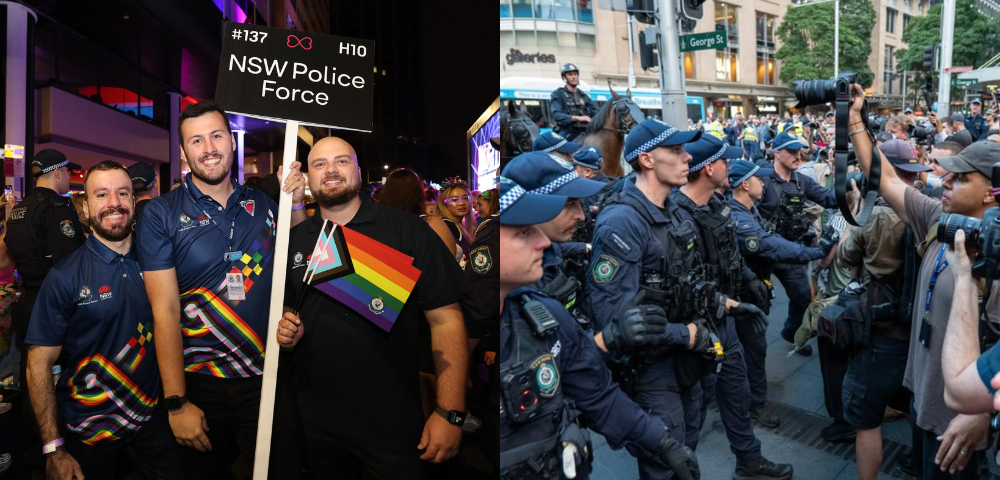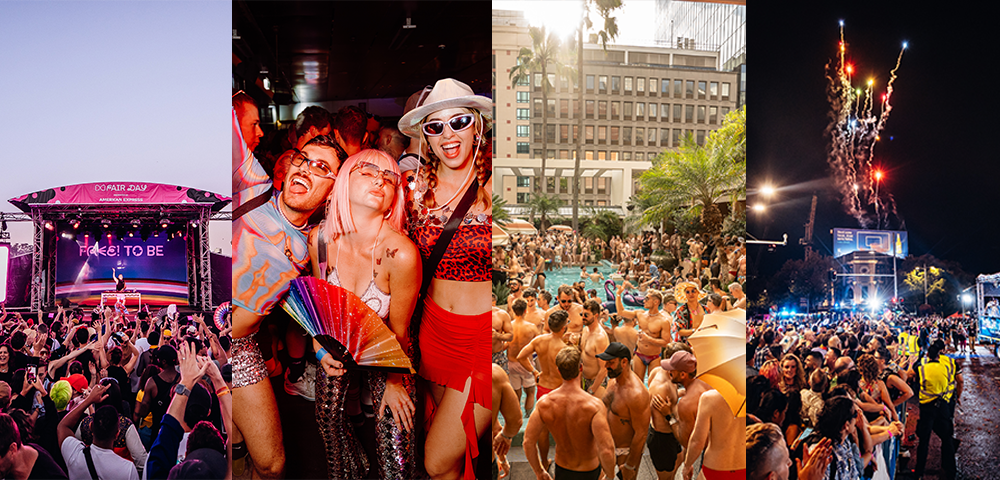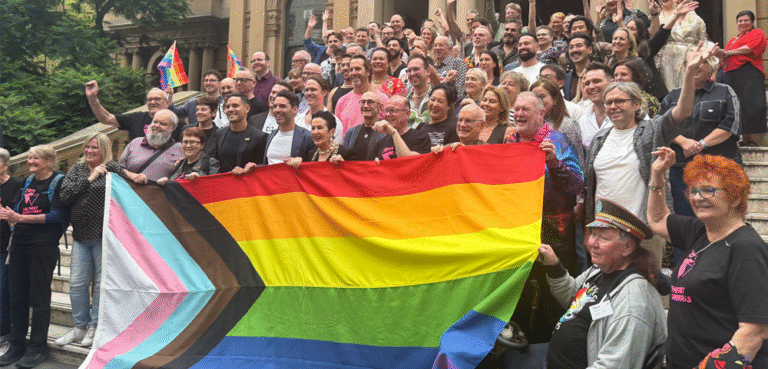
Stage struck
My earliest memories are of being taken to the theatre and to the racecourse. My mother worked in the theatre, my father was a jockey and I was a child performer. So it was not a normal childhood, but then, what is a normal childhood?
I was born in Melbourne and by the age of seven I was working professionally, doing pantomimes as well as shows like Camelot, Sail Away and on TV in The Happy Show.
In the theatre, you learn a lot of things very quickly. It didn’t make it any easier to come out to my parents or to family, but it made me realise I was not the only young gay person around. There were all kinds of mentors and positive role models, although some of them were slightly eccentric.
There is a speech in the play Angels In America about how we have our real parents and then we meet other parents who guide us. The first other parent I met was choreographer Betty Pounder.
She said when I returned as an adult to work in the theatre, You don’t want to be a 50-year-old chorus boy. As I had an academic streak, she told me to go to university as she thought I might be more use to theatre in that way.
I moved to Sydney in 1975 to attend university, and that was when I met the second mentor of my life, Philip Parsons, who taught me how to read a play.
At the same time, I met my partner Malcolm in the bar of the old Her Majesty’s Theatre when I was performing in the show Gypsy. We broke up after a few years, only to get back together again many, many years later.
At the end of the 1970s I decided to give up theatre and went to work on the magazine Campaign. With the gay scene at that time, there was a momentum and we thought there were a lot of things possible.
The big issue was the movie Cruising and whether it was homophobic, and we were also concerned about the perception of us in the world. Of course, it was another four years before AIDS became the big story, but by that stage, I had moved to the Sydney Theatre Company.
I met Richard Wherrett and he became my third mentor and asked me to be the dramaturg of the STC. Out of that, I ended up as an assistant director and then as a director.
I just kept notching up runs on the board and in 1987 I did The Normal Heart. The play did what theatre does best -“ it took a current issue and dramatised it, turning it into something that mattered. It was about AIDS and was so emotional some people had to be helped from the theatre after performances.
That play made me interested in the way AIDS and theatre interrelated and over the next five years I either produced or directed Angels In America, Two Weeks With The Queen and the musical Falsettos. They all brought about different responses and I am proud we did them.
I was at the STC until 1999, and was then working a lot in London and Europe. My partner Malcolm’s situation changed and he had to spend more time back here in Australia. We have been together this time for around 14 years, and were apart for 14 years after we broke up the first time. But in so many ways it was like we had never been away.
So I came home and that’s when I landed the job as creative director of Sydney’s New Year’s Eve. Then came last year’s New Year’s Eve, and I so wanted to make sure the heart [on the Harbour Bridge] was working.
When I heard later that [state minister for Tourism] Sandra Nori said we changed the international reputation of Sydney after the bad reaction to the Cronulla riots, I thought, Wow, I really can intervene in the culture of a city. So you feel very privileged to be in that position.
Next came the job at the Commonwealth Games closing ceremony. You know when you buy into these ceremonies there are always going to be people who don’t like it or have their own versions of what it should be.
Some people asked why was it not more intellectual, but I went for the Dame Edna option -“ it is the choice you make. You certainly know you are alive when you are working on that scale.
The morning after the closing ceremony, I was in my car driving up the Hume Highway to Sydney for rehearsals for the new season of End Of The Rainbow.
It was a bit of an adjustment, coming from directing 4,000 people on the MCG to being in a room with two people acting on a hotel room set, but it is really all the same process. It’s in the details.
The show has changed a little since the last season, but Caroline O’Connor remains the same -“ she can brilliantly act, dance and sing. If you can guarantee that all the future theatre I work on will be as enjoyable as this experience, then I will sign up any day.
I feel I have been privileged. A lot of people don’t get to do what makes them content, yet I have found the people who gave me the opportunities. These days I am not so driven and would rather pick and choose the work that challenges me.
You go through something like a Commonwealth Games and you remember the speed bumps are what challenges you and makes you work at finding the solutions. That’s when you learn the most.
Interview by John Burfitt
End Of The Rainbow opens 2 May for a limited season at the Theatre Royal. Bookings on 132 849.
